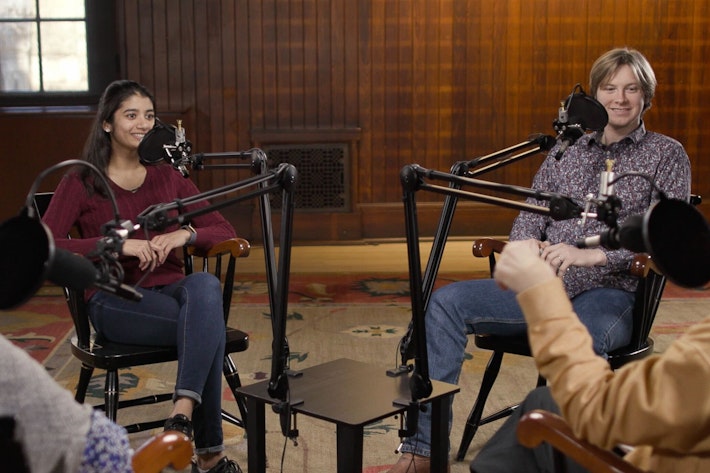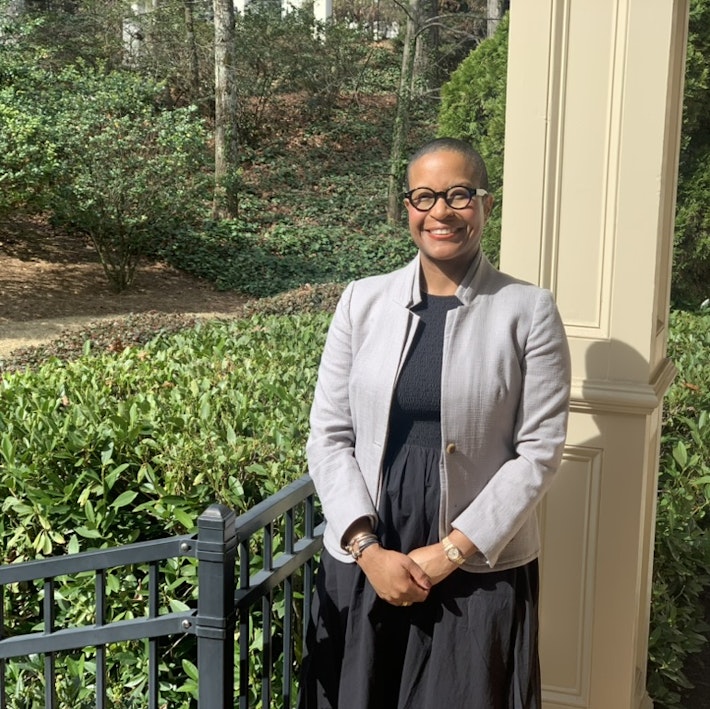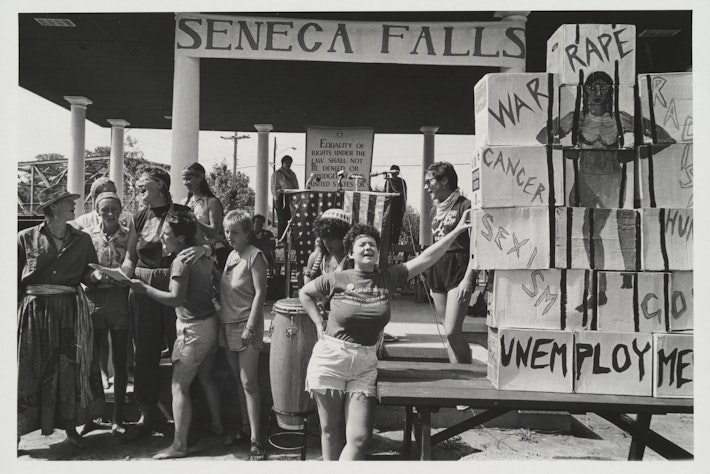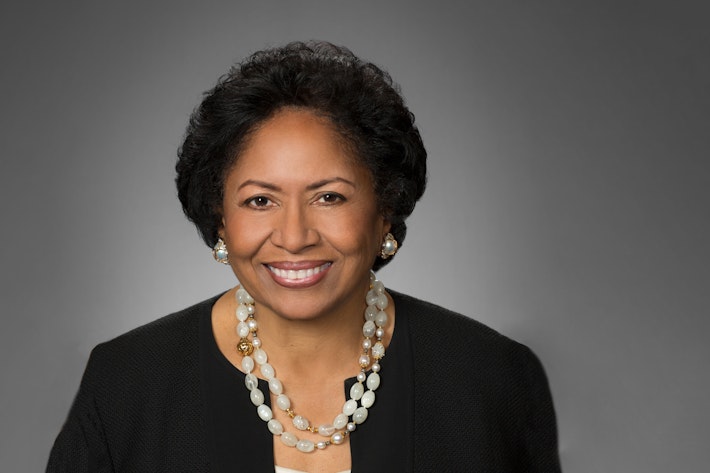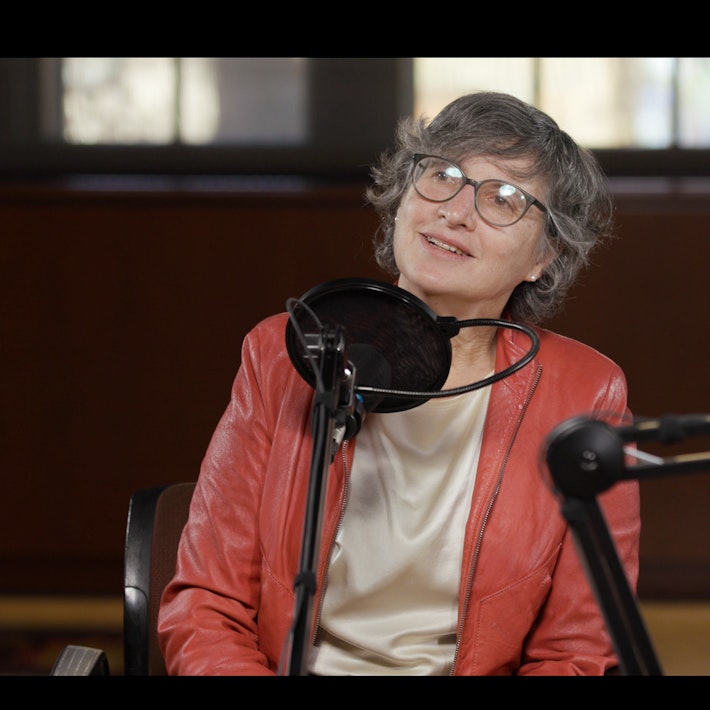Living History
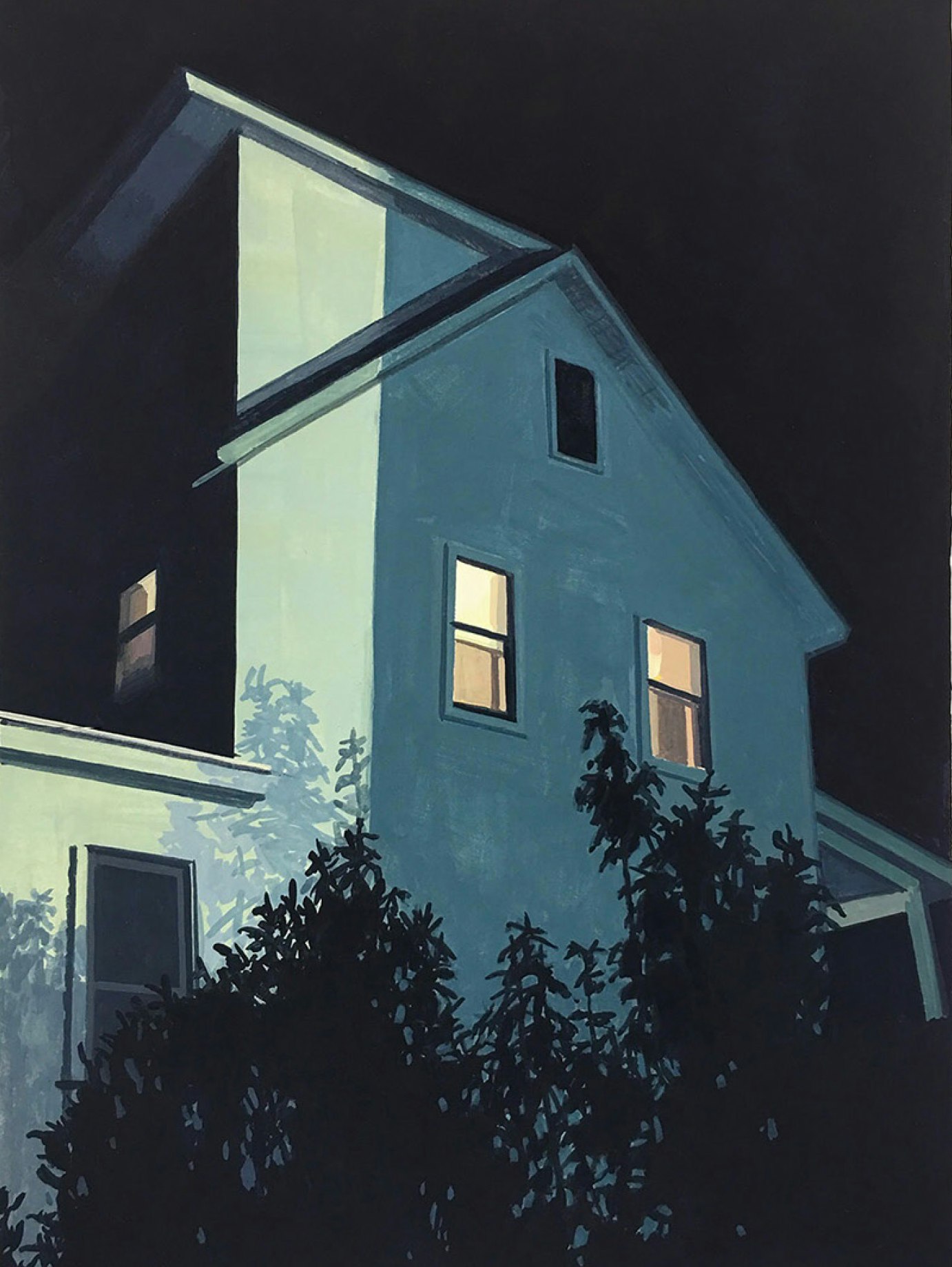
I have always loved being home.
I am a nester, having always prioritized creating spaces that pleased me aesthetically and emotionally. Here I nourished my family, but also did most of my scholarly writing, reserving my school office for teaching, whether shelving books not relevant to my current research or meeting with students and colleagues. But home in my pre-COVID days was a place I occupied by choice, not necessity. From mid-March on, it was a different story. Our two children long grown, my husband and I holed up in Truro on Cape Cod, rarely venturing beyond our four walls other than for walks when we were confident we could avoid other people. We learned that we were capable of great self-sufficiency, but that in our normal existence, we had depended on so many others—housecleaners, restaurants, dry cleaners, and the like—to make our lives feasible and pleasurable. Our privilege in having been able to farm out to others the work that made possible our rewarding family, social, and scholarly activity became extremely evident.
At the same time that our lives shrank to fit our domestic space, we found ourselves—both historians—thrust more intensively than ever into the unfolding of modern history. At first it was the shocking saga of the pandemic, soon to be followed by the killing of George Floyd and the resurgence of activism around Black Lives Matter. As a historian of the United States, I felt I was watching the next act of a national drama that I had studied for much of my career. It was a performance taking place on two registers.
First was the unending struggle of a nation that was born in ambivalence to political authority—the British Empire—and had never fully accepted the necessity of government intervention in private life, particularly at the federal level. My scholarship on the New Deal of the 1930s and its aftermath during the postwar period had frequently focused on the struggle between a federalist system that favored local and state sovereignty and the greater democracy and equality that only the nation state could deliver in an America of such divergent social and political commitments. The disturbing way that the United States was dealing with COVID fit directly into that framework.
Second, my historical writing had also probed those moments in the 20th century when social groups—whether organizing workers, African American civil rights activists, consumer advocates, or feminists—had challenged the status quo and demanded greater accountability and rights. The Black Lives Matter protests are the latest chapter of Americans taking to the streets—and today to social media—to demand a fair shake at justice and the promises of America. So many issues that had figured into my historical arguments—relations between leaders and their rank-and-file, strategies of mobilization, struggles between liberals and radicals, the place of violence and nonviolence, the role of allies and the impact of enemies—were taking place in real time.
Such was the paradox of the last half-year for me—a time when I was tethered tightly to home, but was ever more engaged in the larger world. My reality both shrank and stretched.
This essay appeared in the Fall 2020 issue of Radcliffe Magazine.
Lizabeth Cohen was a 2001–2002 fellow and the dean of the Radcliffe Institute from 2011 to 2018. She is a Harvard University Distinguished Service Professor, the Howard Mumford Jones Professor of American Studies in the Harvard Department of History, and the author, most recently, of Saving America’s Cities: Ed Logue and the Struggle to Renew Urban America in the Suburban Age (Farrar, Straus and Giroux, 2019).


